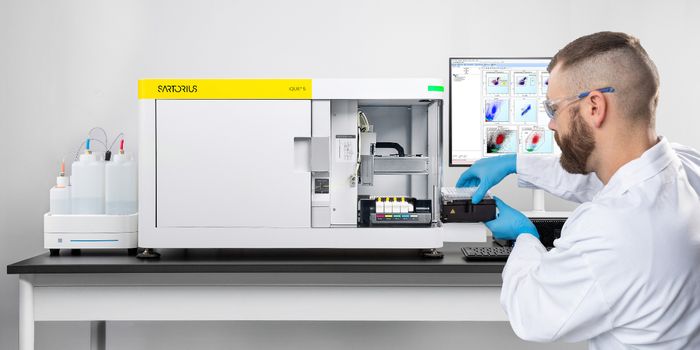New Treatment Reverses Late Stage Type 2 Diabetes
Researchers from the Netherlands have developed a minimally invasive therapeutic procedure that allows people to discontinue insulin treatment in type 2 diabetes.
The treatment involves an ablation procedure that rejuvenates the lining of the duodenum alongside daily doses of glucose-lowering drugs called glucagon-like peptide antagonists (GLP-1 RAs) and mild lifestyle counseling.
Known as duodenal mucosal resurfacing (DMR), the minimally invasive ablation technique is performed on an outpatient basis and is delivered via an over-the-wire catheter. While its mechanism is not yet completely understood, it lifts and rejuvenates the duodenal mucosa- thought to undergo changes from unhealthy diets high in fat and sugar.
In their pilot study of 16 insulin-dependent patients with type 2 diabetes, the researchers found that 75% of them no longer needed insulin six months following the treatment.
Those who responded to the treatment also saw a significant reduction in their body mass indices (BMI), which decreased from 29.8kg/m2 at the start of the research to 25.5kg/m2 after 12 months. The percentage of fat in their livers also decreased from 8.1% to 4.6%. These measures are relevant, given that they are both high-risk factors in the development of metabolic syndrome, including diabetes, high blood pressure, and high triglycerides.
Meanwhile, in those who did not respond to the treatment in the same way, the researchers noted that their median insulin dose fell by over a half- from 35 units per day at the beginning of the study to just 17 units after a year.
"This could be a game-changing approach in the treatment of metabolic syndrome. A single endoscopic DMR ablation with GLP-1 drugs and lifestyle counseling can lead to discontinuation of insulin therapy in a subset of patients with type 2 diabetes while improving their blood glucose control and overall metabolic health." says Dr. Suzanna Meiring, lead author of the study.
The researchers say that following the positive results from the pilot study, a large, international, randomized trial for the treatment will soon begin to more investigate its effectiveness on a larger scale.
Sources: Medical Xpress









